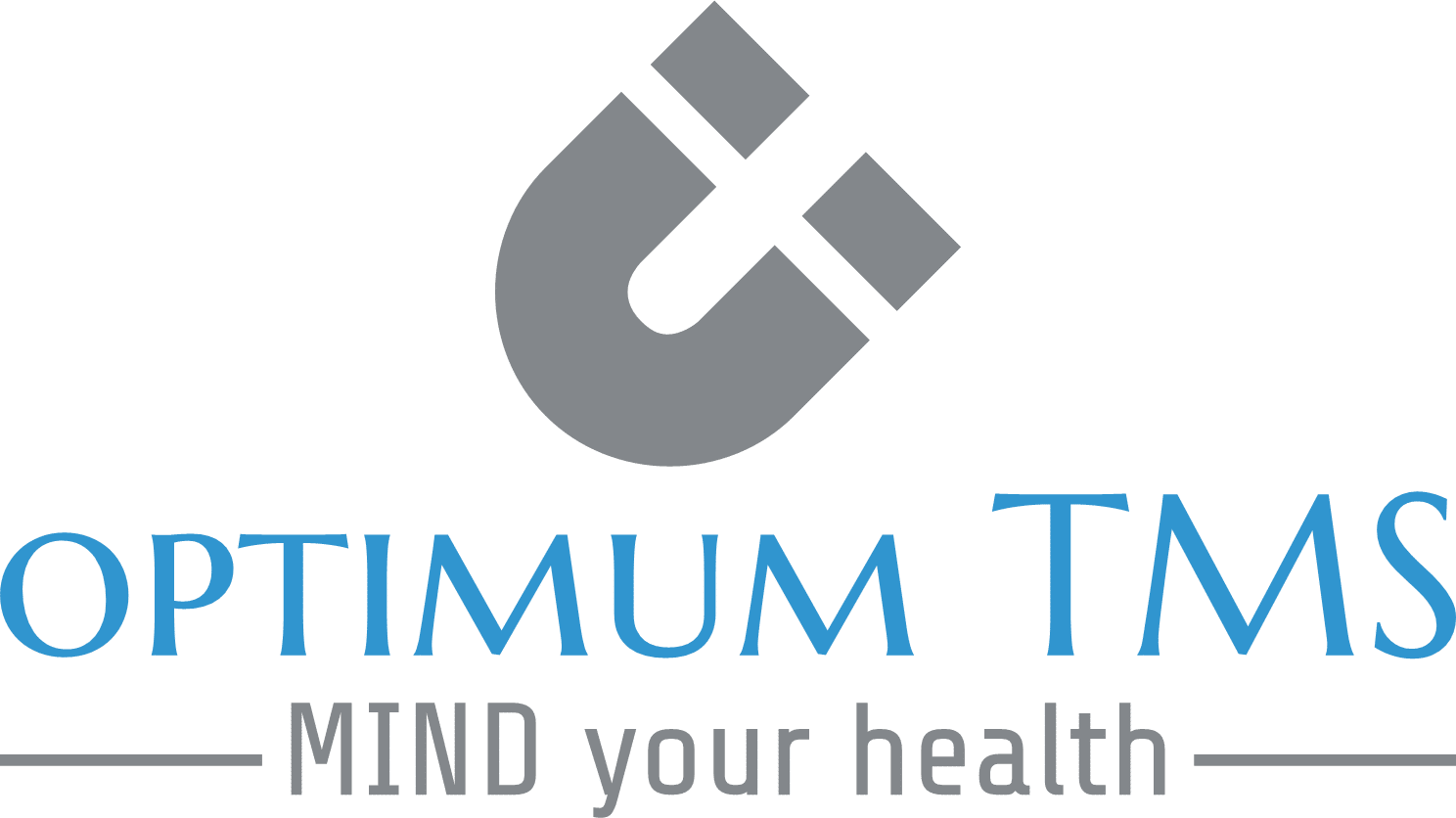
Feeling down from time to time is normal, especially if you are experiencing a series of negative events. However, if you have been persistently experiencing low moods accompanied by suicidal thoughts, then you may be suffering from depression. Depression is a serious mental condition that impacts a person’s social life, work, and general well being. Although depressive disorders are common, it is still poorly understood by many people. But, science tells us that depression is not just a simple emotional response to daily stressors, but it is a complex interaction between our genes, lifestyle, and environment.
In this blog post, we will explore the common causes of depression, the latest advances in depression treatment, and the role of TMS treatment for OCD (obsessive-compulsive disorder) in managing and treating depression. Additionally, we will discuss TMS providers near me, how to select a TMS therapy provider, and what to expect during and after TMS treatment.
Cause of Depression
Depression is a multifactorial disease. It can be caused by various factors, ranging from personal factors to environmental influences. Some of the most common causes of depression include genetics, hormonal changes, brain chemistry, medical conditions, drug and substance abuse, stress, and traumatic events.
Genetics play a significant role in developing depressive disorders. Studies have shown that individuals with a family history of depression are more likely to develop the disorder compared to those without a history. Hormones such as cortisol can also impact mood regulation and may lead to depression. Additionally, imbalances in neurotransmitters - chemicals that regulate brain functions - such as serotonin and dopamine can lead to depressive disorders. Medical conditions such as thyroid disorders, heart diseases, and chronic pain can also trigger depression.
Treatment for Depression:
The good news is that depression is treatable. The treatment modalities that exist range from psychotherapy, medication, and Transcranial Magnetic Stimulation (TMS). Depression therapy varies based on the type of depression experienced. Interpersonal Therapy, Cognitive-behavioral Therapy (CBT), and PSYCHODYNAMIC therapy are types of psychotherapy in treating depression while Medication like antidepressants is commonly used together with talk therapy.
TMS treatment for OCD (obsessive-compulsive disorder) is a non-invasive, FDA-approved treatment for depressive disorders. TMS therapy involves pulsating magnetic waves that stimulate the cortex region of the brain that impacts mood regulation. TMS works by altering the chemicals in the brain by boosting neurotransmitter production, particularly serotonin and dopamine, which are responsible for mood regulation. Additionally, TMS has no weight-gain side effects. TMS therapy is painless, no sedation is necessary, and no significant downtime after a session.
TMS Providers Near Me
If you are considering TMS therapy, the first step is to find a TMS provider near you. Look for a TMS provider that has trained professional providers and is adequately equipped with the latest TMS therapy devices. Because TMS is a relatively new therapy, not all clinics offer the service. You can check the TMS provider's website to see if they have TMS therapy services.
What To Expect During and After TMS Treatment:
Before TMS treatment, you will be evaluated for depression severity. During the therapy, the TMS technician will place a magnetic coil on your head and pass a pulse of magnetic energy to stimulate the brain's cortical region. During treatment, you will feel a tapping sensation on the head but no pain. After TMS treatment, you can return to your daily activities without any significant side effects.
Conclusion:
Depression is a complex disorder caused by a combination of factors, including genetics, lifestyle, and environmental influences. Fortunately, depression is treatable, and various modalities are available, including psychotherapy, medication, and TMS therapy. TMS therapy for OCD is an excellent treatment option for those suffering from depressive disorders. It is non-invasive, has fewer side effects, and boasts positive results. If you think that TMS treatment is right for you, search for TMS providers near me and inquire about the therapy availability. Remember, early intervention is key to treating depression and leading a healthy, productive life.
